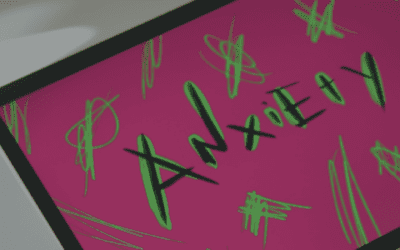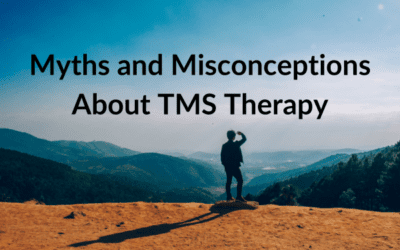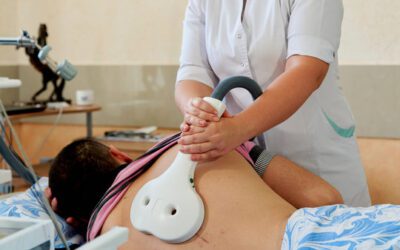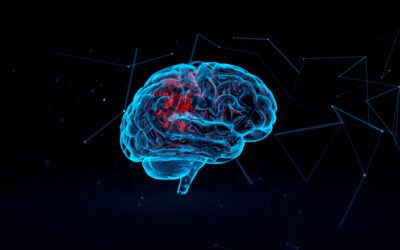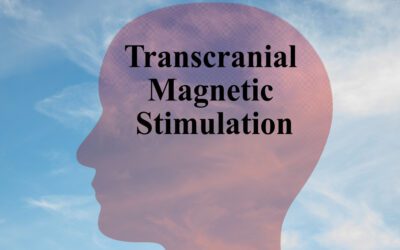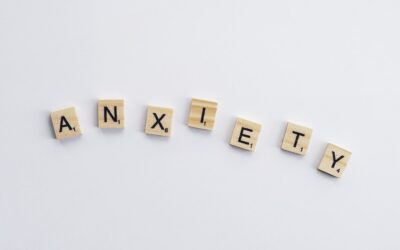TMS – Frequently Asked Questions
[wpseo_breadcrumb]
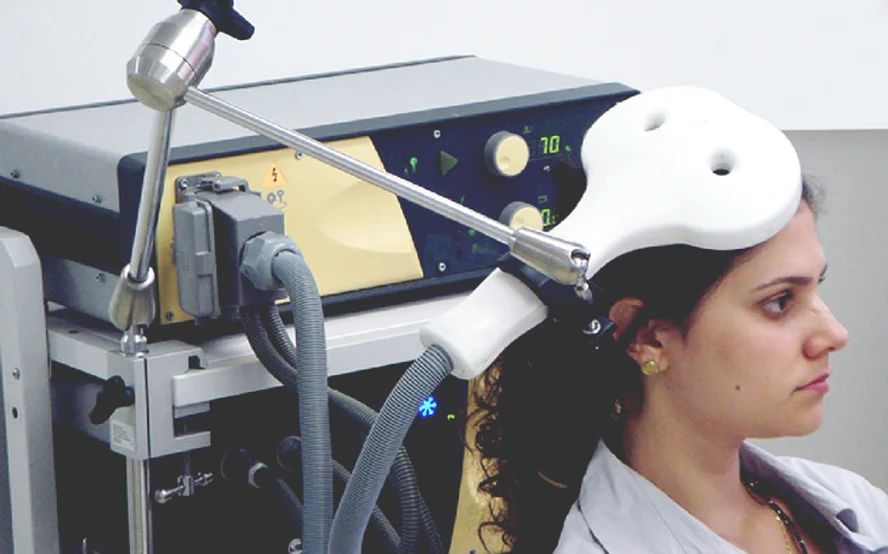
TMS is an extremely powerful tool that can be used in conjunction with healthy life choices to achieve a better sense of wellbeing by alleviating depression symptoms and other debilitating mental health issues. We’ve taken the time to answer some of the most commonly asked questions pertaining to TMS so you can determine whether TMS therapy is a good option for you. If you have additional questions that aren’t covered down below, please don’t hesitate to contact us using the form at the bottom of the page and we’ll get back to you as soon as possible.
What is TMS therapy?
“TMS stimulation increases production of neurotransmitters such as serotonin and dopamine in depressed individuals.”
Transcranial magnetic stimulation, otherwise known as TMS, is used to treat symptoms of chronic and/or treatment-resistant depression. It does so by targeting specific mood centers of the brain closely associated with depression, with magnetic pulses similar to those generated by an MRI machine.
During a TMS session, a small wand containing an electromagnetic coil is placed over the scalp of the patient toward the front of the head. This electromagnet delivers short, rapid pulses to nerve cells in the patient’s brain with the goal of reducing symptoms of depression and increasing their quality of mood. TMS stimulation increases production of neurotransmitters such as serotonin and dopamine in depressed individuals that underproduce these critical mood regulators without intervention.
What are TMS sessions like?
During TMS sessions, you will be asked to relax in a comfortable reclining chair. The wand-shaped TMS device will then be gently placed on your scalp near the front of the head, targeting the prefrontal cortex with stimulation via magnetic pulses. You will feel a gentle tapping sensation on the targeted areas that is generally painless. The patient may feel minor pain at the treatment site, but this is manageable with OTC pain medication and typically lessens or goes away after the first week of treatment.
Does insurance cover TMS therapy?
TMS therapy is FDA approved and is therefore covered by most major insurance companies. If you’re currently uninsured or have health insurance that does not cover TMS therapy, give us a call today to discuss alternative payment solutions. We’ll help you get the care that you need.
What are the side effects/risks?
TMS generally has far less side effects than commonly prescribed antidepressant medications. Less than 5% of patients discontinue TMS treatment as a result of intolerable side effects. The most common side effects include mild pain or muscles twitching during a TMS session. (It’s rare for either to occur except during active stimulation.)
Is TMS right for me?
If you have been diagnosed with Major Depressive Disorder and haven’t been satisfied with the results of prescribed antidepressant medication, or have been unable to tolerate the side effects commonly associated with these medications, you may be a candidate for TMS therapy. TMS is also suitable for individuals that cannot take antidepressant medication for medical reasons.
Who shouldn’t get TMS?
TMS is not recommended for individuals that have metal implants in or around their head, including metal plates and cochlear implants. This does not include dental work such as amalgam fillings, braces, or permanent retainers. TMS may also interfere with implants that interact with the body via electronic pulses such as pacemakers and ICDs. If you have a seizure disorder or are currently taking medication that is known to lower your seizure threshold, TMS might not be for you. If any of this applies to you but you’re still interested in TMS therapy, give us a call or message so we can go over your treatment options.
What are the benefits of TMS?
TMS is primarily used to treat the symptoms of chronic depression and can be a life changing treatment for many individuals that have experienced inadequate results from other conventional treatments. Emerging studies also support the use of TMS for bipolar disorder, PTSD, anxiety, postpartum depression, pain management, OCD, and more. Individuals that respond well to TMS report an improvement in mood and energy and find themselves better equipped to deal with the common responsibilities and stressors in life.
When can I expect results from TMS?
Most patients will start to notice results after 4-6 weeks of treatment, or 20-30 sessions of TMS. Depending on the severity of your symptoms and how you respond to the treatment, you may see results much sooner. Some patients may need additional sessions than what is commonly recommended. Your symptoms will be monitored and evaluated throughout your treatment so sessions can be adjusted to maximize results.
How can I maximize the results of TMS therapy?
Alcohol, caffeine, and other mind altering substances should be limited during the course of your treatment. With TMS, we are trying to stimulate activity in the prefrontal cortex and alcohol consumption is known to inhibit activity in this part of the brain. To maintain the benefits of TMS therapy after your course is complete, it is recommended to ensure you’re eating a healthy, well-balanced diet and exercise regularly and getting an adequate amount of sleep.
Why is TMS therapy so popular?
Depression currently affects more than 16 million adults living in the United States and is currently the leading cause of disability in individuals ages 15-44. Many of these individuals are turning to TMS for relief for these reasons:
-
TMS comes with fewer side effects than most prescription medication used to treat depression. Patients that do experience side effects with TMS find them to be less severe than side effects associated with antidepressant medications and these side effects typically resolve early on in treatment.
-
Because TMS therapy is approved by the FDA, it is covered under Medicare and most major health insurance companies. This makes TMS therapy an affordable option for depression treatment depending on your deductible, co-pay, and co-insurance.
-
TMS is non-invasive and patients are able to resume their daily activities immediately following treatment.
-
A TMS treatment course only takes around 4-6 weeks which is often preferable to being on medication year-round.
How to Maximize the Results of TMS Therapy
Learn the key strategies to enhance the effectiveness of TMS therapy and ensure a successful therapeutic experience.
...What Is Treatment Resistant Depression and How Can TMS Help?
By harnessing the power of neurostimulation and promoting neuroplastic changes, TMS opens a new chapter in the quest for effective solutions for TR...
Healthy Resolutions For Your Mental Health in the New Year
As we bid farewell to the old and embrace the new, the start of a fresh year often marks a time for reflection and renewal. While traditional resol...
Can TMS Help Seasonal Affective Disorder?
Multiple studies have demonstrated that TMS, or Transcranial Magnetic Stimulation, is not only effective but also has long-lasting benefits.
...How to Advocate for Yourself as a Person with Anxiety
By taking an active role in your own well-being, you can make a significant impact on your journey towards healing.
...The Science Behind TMS And Anxiety
What is Anxiety? Anxiety and trauma-related disorders encompass various conditions that involve difficulties in processing fear and subsequent beha...
Myths and Misconceptions About TMS Therapy
Misconceptions surrounding transcranial magnetic stimulation (TMS) have unfortunately dissuaded patients from considering it as a potential treatme...
Tips For Finding A Qualified TMS Technician
Recommendations from Peers While searching for a TMS technician, seeking referrals and recommendations from trusted sources can truly be invaluable...
What Is The Future Of TMS Therapy?
The remarkable advancements in deep brain stimulation techniques have brought about significant breakthroughs in the treatment of major depressive...
Uncovering the Causes of Mental Health Issues in America
National Mental Illness Facts & Statistics According to the National Alliance on Mental Illness, “1 in 5 U.S. adults experience mental illnes...
TMS Therapy – Understanding Its Role In Treating Anxiety and Depression
TMS (Transcranial Magnetic Stimulation) first appeared in the 1980s and has since been FDA-approved to treat mental health issues. This method has ...
Seven Lesser-Known Signs of Anxiety
Anxiety is a common mental health condition that affects millions of people worldwide. While many people are familiar with some of the more well-kn...
5 Tips to Improve Your Mental Health
Mental health is a broader arena that involves an individual’s emotional, social, and psychological well-being. Health professionals regard p...
TMS Treatment as an Alternative to Antidepressant Medication
Depression is extremely common, and there may be many reasons for one to develop depression. It could be a death in the family or a broken relation...
Mental Health: When is the Right Time to Seek Help?
What is TMS and how does it work? [wpseo_breadcrumb]Mental Health: When is the Right Time to Seek Help [wpseo_breadcrumb]Although stress, worry, and...
What to Expect During a TMS Therapy Session
What Does a TMS Therapy Session Look Like? Coping with depression can be extremely difficult and even more challenging when treatments like therapy...
The Healing Power of Art Therapy: How Creativity Can Improve Mental Health
Art therapy is a unique and innovative form of therapy that harnesses the power of creativity to promote healing and improve mental health. Art mat...
7 Ways TMS Therapy Can Help
Depression is a treatable condition, but standard therapies are ineffective for some forms of the illness. TMS (transcranial magnetic therapy) is o...
The Role of Mindfulness in Managing Anxiety: Tips for Incorporating Mindfulness into Your Daily Routine
In today’s fast-paced world, anxiety has become an all too common experience for many people. It can leave you feeling overwhelmed and discon...
Five Surprising Ways Mental Health Impacts Physical Health
Mental and physical health are often thought of as two separate entities, but the reality is that they are deeply intertwined. Research has shown t...






